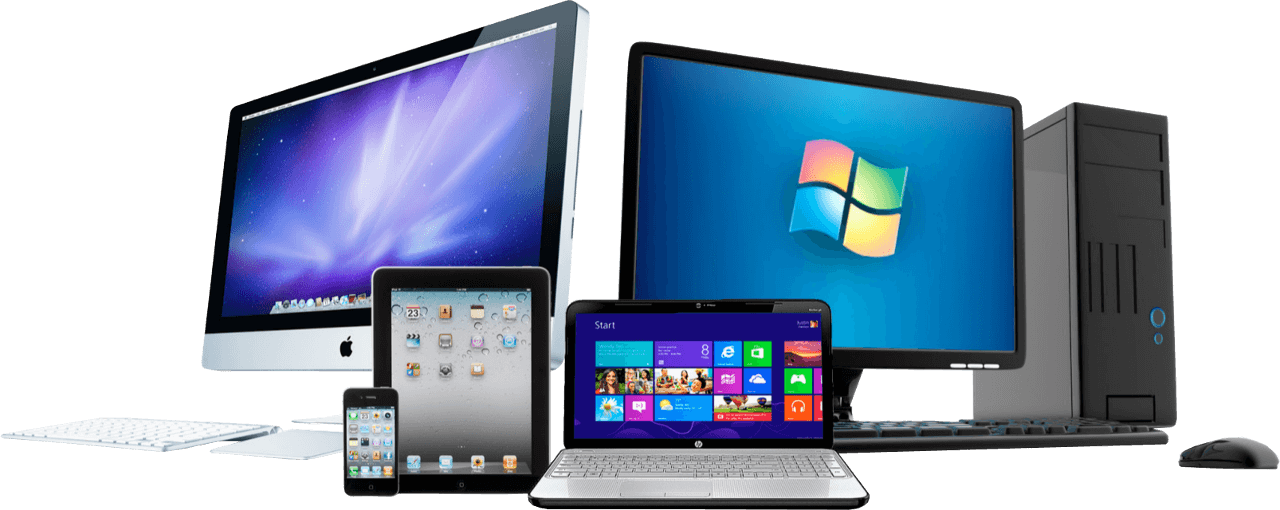
What exactly do you want your desktop to accomplish in your life? You know that you need it or you wouldn’t be here. Use these tips to find the computer you will need.
Keep an eye out of anyone wanting to give away a desktop computer. Many computer users are shifting over to tablets, laptops and other mobile media devices, so they are offloading their old desktops at reasonable prices. In many cases, the machines are in great condition, but it is still important to verify that fact.
If you are concerned with your computer’s speed, then start things off with a boot check. Run the MS Config program, found on the start menu. This gives the ability to look through all the programs that are set to start up as soon as the computer turns on. You should disable programs that you don’t use often. This will make your computer run faster.
Only buy a computer which offers a great warranty. This is just for if the software or something else were to mess up and make the computer unusable. Most likely you can bring it to the store where it was purchased and either get it fixed there, or if possible exchange it for a brand new one.
Compile a list of the tasks you plan to use your computer for, prior to shopping. The computer you get depends on what you need it to do regularly. If you intend to do serious gaming, your hardware requirements are going to be much higher than someone who just surfs the Internet.
Many computer manufacturers now limit the amount of information in a manual that come with their computers, preferring instead to the put the info on the Internet. This means you should take a look at any information online about your computer, and make sure that what you read is helpful enough for your needs.
In order to do transfers of large video files, you will need a writable optical DVD drive. CDs tend not to hold much data, therefore they don’t work for large files. A DVD offers much more space. Though it may cost more, it’s worth not having future issues.
Do you have the memory you need? When it comes to desktops, memory is important. Are you going to store a lot of information on the machine? Do you take photographs that you need to store? Figure out the answer before you buy a computer.
Mini PCs are a great way to lower your carbon footprint. Mini-PCs don’t use much electricity, but have a good enough processor that you can accomplish tasks. This type of machine is good for you if you all you do is check email, surf the Internet, use Facebook and create documents.
Take the peripherals into consideration when buying a computer. You will definitely need a mouse, keyboard, speakers and a monitor at the least. Not only that, but you might need a printer and modem. Which other types of hardware could you need?
Don’t buy a desktop computer that is overly cheap. You often get inferior products when you pay a low price. Be sure to buy from a reputable manufacturer, computer store, or other online marketplaces. If you think a deal is simply too good for reality, it likely is. Independent dealers can offer rock bottom prices, but the desktop might not be what you expected or may require repairs.
Don’t consider a warranty when buying used. Not many manufacturers are willing to transfer their warranty from one person to another. Don’t include the warranty in your decision about whether or not used is the right choice.
When you get great tips from people who understand the computer buying process, it helps to avoid making costly mistakes that so many people make. This article is filled with useful information. If you use the information here, your next computer is going to be a great one!


